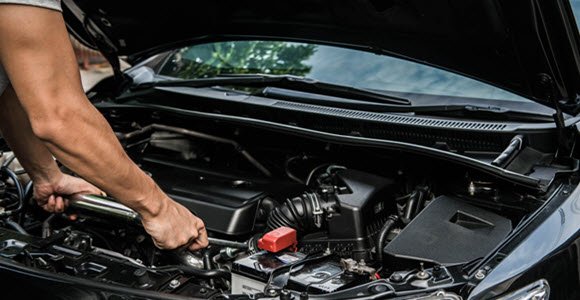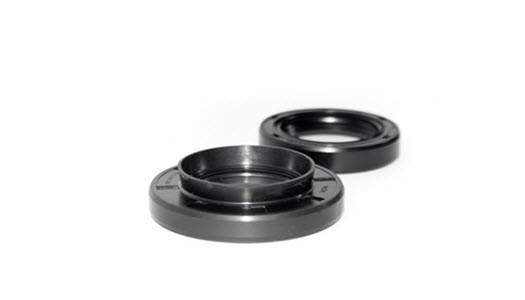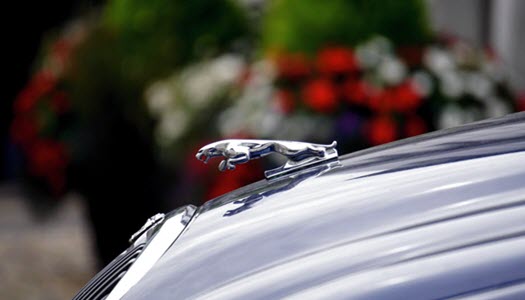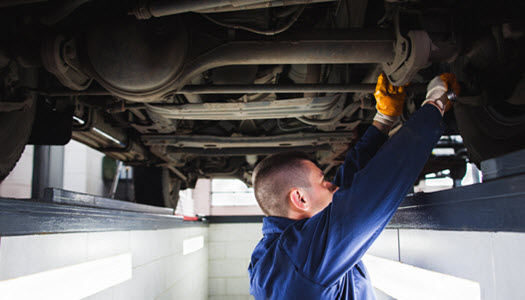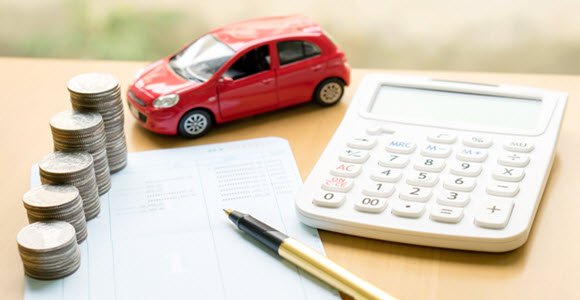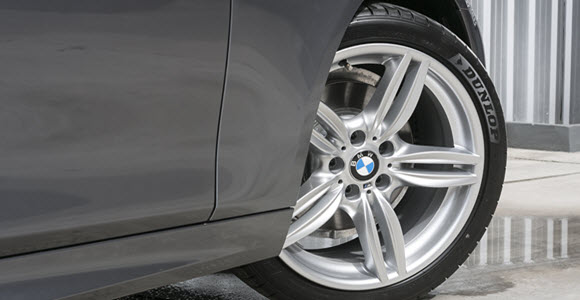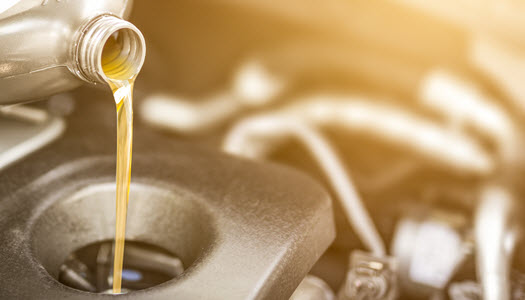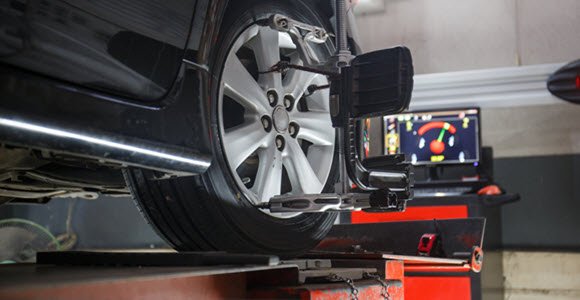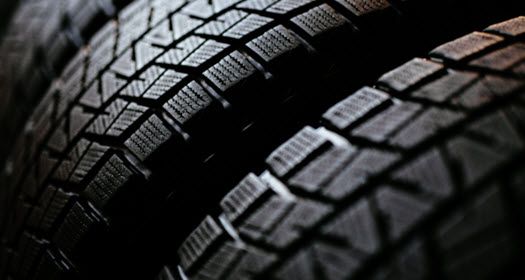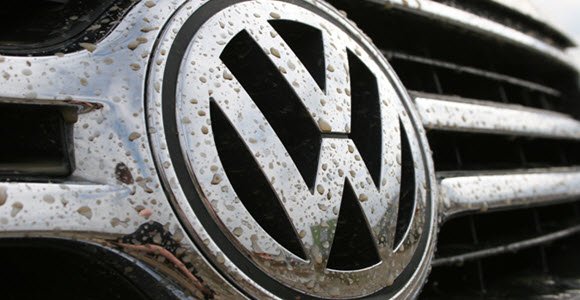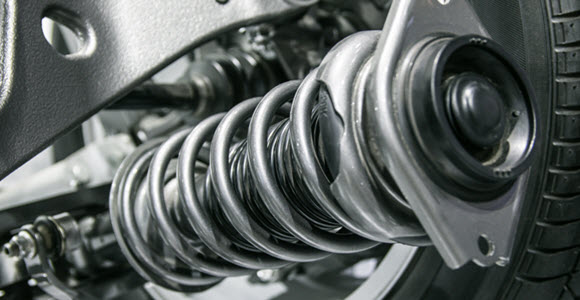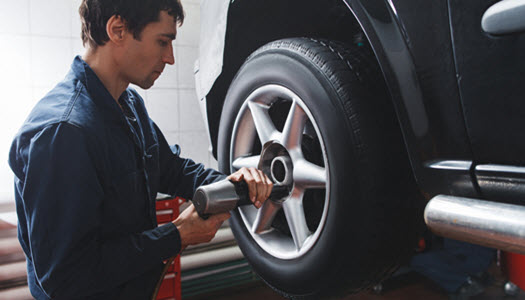How to Deal with the Common Causes of Engine Oil Leaks in a Jaguar
Posted on | 5 Mar 2018 By Anita Gaal
If you drive a Jaguar, then you know how fortunate you are. Whether it’s the XJ, XF, XE, or F-Type, your Jaguar is one of the most well-known manufacturers and highly-desired vehicles in the automotive industry today. These luxury vehicles are known for their power, stamina, and luxury—and those can be hard to come by in one vehicle. That’s why, when your Jaguar begins to leak oil, it can be disheartening and downright upsetting.
While oil leaks are relatively common, they can sometimes be challenging to deal with. Depending on how quickly you’re losing oil, you might not notice the problem right away. Furthermore, if your automotive shop doesn’t specialize in Jaguar automotive care and repair work, then you might be handing your car over to a blind technician to diagnose and fix the issue.
Some of the Common Causes of Oil Leaks in Jaguars
Finding the cause of an oil leak is the most important order of business, and it could be due to any number of issues with any number of parts in your Jaguar. As a luxury vehicle owner, it’s important that you be familiar with some of the common causes of oil leaks in your Jaguar because how you will need to fix the issue will depend solely on where it’s coming from.
Worn-Out or Damaged Seals
Oil seals are designed to keep oil flowing through your engine freely without leaking through the various components. Most seals are made of durable materials; however, over time they begin to deteriorate. Replacing corroded or worn-out seals may seem insignificant to the overall performance of your Jaguar; however, their function is important—if oil leaks, then other engine components can become damaged and the oil can become contaminated with debris, thereby affecting all other parts internally.
Oil Pan Damage or Failure
One of the most common causes of oil leaks is a damaged oil pan. The reason for this is that the oil pan sits beneath your car and is susceptible to becoming punctured if you hit something or run over a piece of debris in the road. When your oil pan is damaged, it can cause oil to leak from the bottom of your car. The oil pan is one of the first places your trusted Jaguar automotive technician will check on your when diagnosing the cause of the oil leak.
Too Much Oil
While it’s essential to bring your car in for routine oil changes, if the oil change isn’t done properly it can lead to oil overspill. This occurs when oil is filled too full, or if the cap isn’t put back on properly. This can cause you to lose oil leak oil all over other engine components, potentially causing damage and smoke to come from your engine. If you aren’t sure how to replace your Jaguar’s oil yourself, it’s important not to attempt to do so—it could lead to expensive repairs.
What You Can Do to Prevent Oil Leaks
There are several things you can do to prevent oil leaks from occurring. Firstly, it’s critical to follow through with regular oil changes. Your Jaguar requires oil to perform its best, otherwise you’ll be missing out on its true potential. Routine oil changes can be followed via the information in your owner’s manual, but as a general rule of thumb people tend to replace their oil and filter every 3 months. It’s also essential to use the correct type of oil for your specific model Jaguar. For instance, in certain models require synthetic oil, which allows for oil to be changed less frequently. This information can also be found in your Jaguar owner’s manual.

How We Can Help
At Euro Automotive, we take every inspection seriously, including those related to oil leaks. Oil leaks in Jaguars, as well as other vehicles, are concerning and can point toward serious issues that require immediate repair. If you’re a Jaguar owner near Dallas, Garland, Arlington, or Fort Worth, TX, and need automotive repair or maintenance work, please call our shop to learn about our specialized experience and background in working with Jaguar vehicles. We consider ourselves experts, and we take pride in our work. Particularly if you’re experiencing an oil leak, contact us to schedule an immediate inspection.
Jaguar XE 2016 On Road image credit goes to: trangiap.






